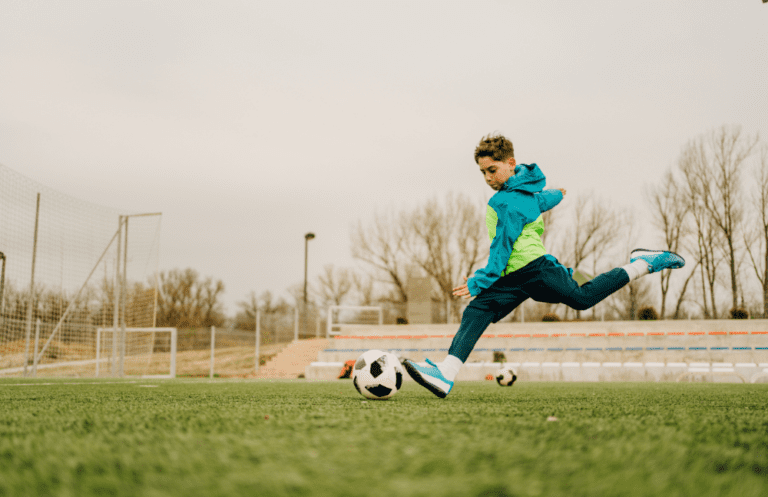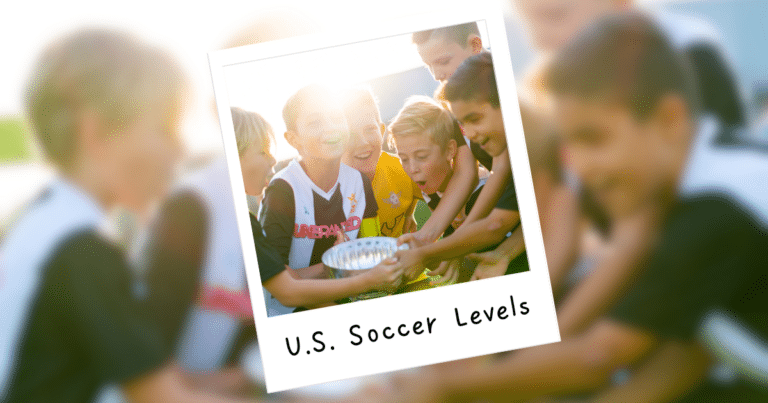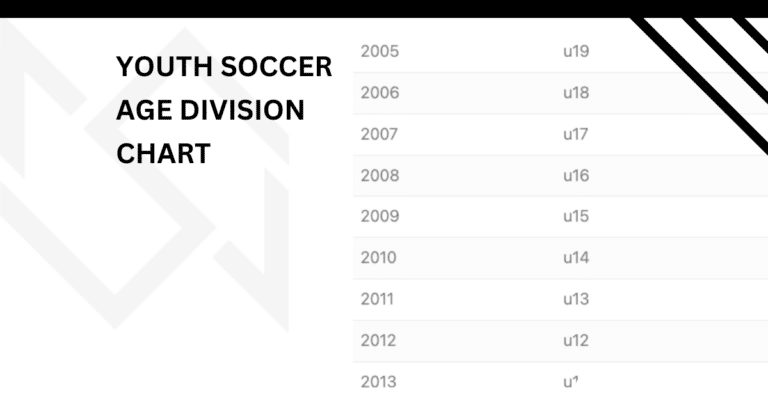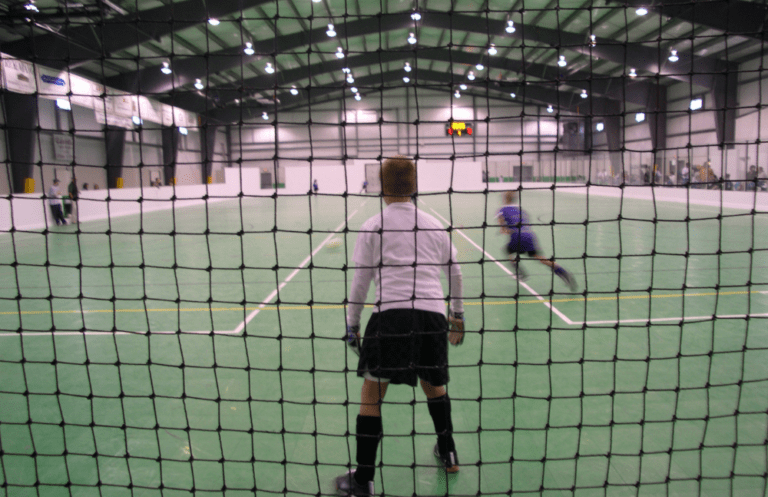Most Kids Quit Soccer in the Car
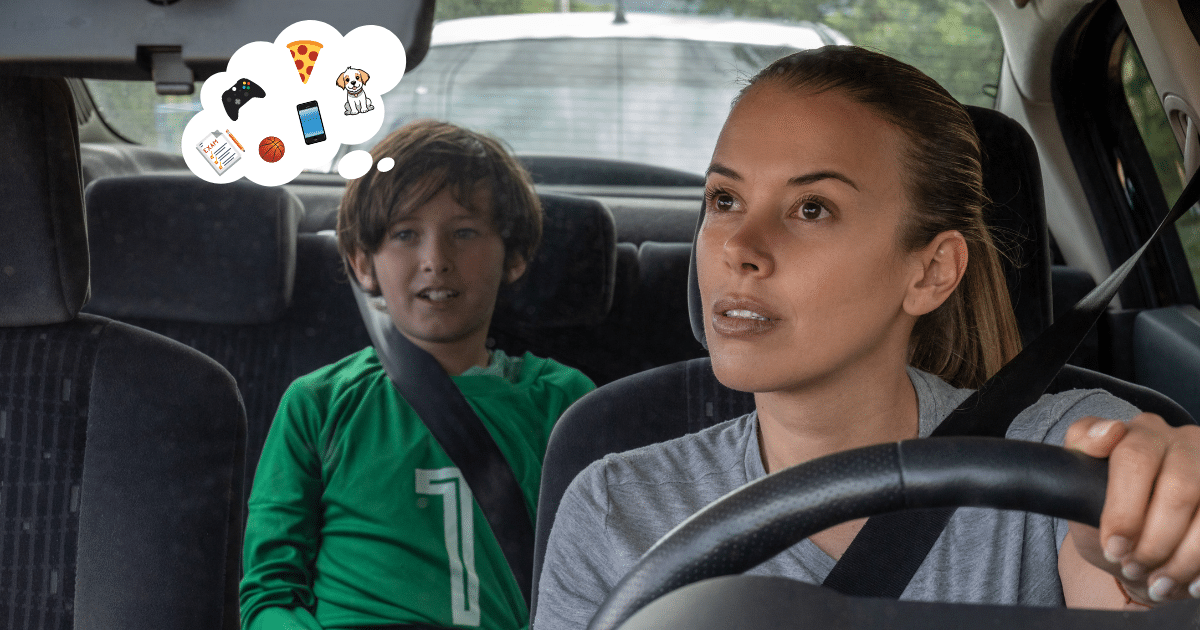
As a parent (or coach), you play the biggest role in young athletes.
There’s usually one or two people who spend the majority of the time with an athlete. Sports can take up much of the day, from car rides to practice to on- and off-field discussions.
This is the beauty of sports.
It is a daily process to get better. It can challenge you. It can reward you. It can make you a better teammate. It can make you a better person.
But, it can also put a strain on your relationships. It can be mentally taxing. It can cause built up negative energy.
There are two sides to the coin. I want to address why sports can take a toll and how to avoid it.
Let’s jump in.
Why Does it Matter?
If you’re a parent, you may have had some tough convos with your child.
These discussions usually happen in the car to and from games or practices. It’s the easiest way to kill some time. But, is it always best?
The Impact of the Car Ride Home
The car ride home can be a critical time for soccer players.
It’s a time when they may be feeling emotional and vulnerable so we should always take this into account.
They are confined and can’t get away. This can create an intimidating environment for some.
There are three keys to having a successful car ride home:
- Let the child drive the conversation
- Don’t force the conversation
- Avoid being critical or confrontational
You do these 👆 and you’re golden.
Psychological Factors in Quitting Sports
Many factors can contribute to kids quitting sports.
For example, some kids may feel overwhelmed by the pressure to perform. While others may feel like they don’t fit in with their teammates.
Some kids just don’t like the sport…plain and simple.
Our job as parents is to listen and understand what’s going on.
Parental Influence on Athletic Participation
There’s no doubt that parents play a significant role in their children’s athletic participation.
Parents who focus on the process of sports rather than the outcome can help reduce the pressure and increase enjoyment.
This is why I preach, hard work over goals and assists. Hard work is controllable and the other stuff is mostly out of their control.
Also, a positive outlook among parents can have an impact on the child’s behavior. A positive one at that. Funny how that works, right?
How Can I Help My Child Succeed in Soccer?
At the end of the day, you want to lift the pressure off your child. At the same time, create a healthy environment for them to enjoy the sport.
Here are two simple strategies…
Setting Realistic (& Aspirational) Expectations
Being realistic but also working towards something can create more joy.
I love it when kids emulate their favorite player. They are aspiring to be better.
At the same time, reality needs to sit in a little bit too.
Encourage your child to focus on improving their skills. Always start with the basics. Make sure they have fun in the process.
For us, let’s celebrate wins but don’t make it everything.
Remind them that soccer is all about mistakes. Encourage them to make mistakes to get better.
Keep this type of convos light.
For the Love of the Game
Soccer players who continue to play year after year typically love the game.
They’ll play without anyone telling them. They’ll kick the ball around everywhere (including inside the house…grrr). They’ll get their friends together to play pickup.
It’s all for the love of the sport.
Here are some tips for fostering a love for the game:
- Focus on the fun and social aspects of sports, such as spending time with friends and learning new skills.
- Encourage your child to try different sports and activities to find what they enjoy most.
- Be a positive role model. Don’t get heated. Positive behavior goes a long way.
- Find opportunities that match your child’s ambition for the sport.
Remember, your child will not go pro. But, the sport can teach them so many things in life. It can also make life long friendships.
All of this is to say that it usually starts and ends in the car.

Written By: Beau Bridges
Beau is the founder of SoccerNovo, dedicated to helping players and parents navigate the youth soccer landscape. As a former youth coach and soccer parent, he shares insights on player development, recruiting, and the ever-evolving soccer scene in the U.S.
Let’s connect



